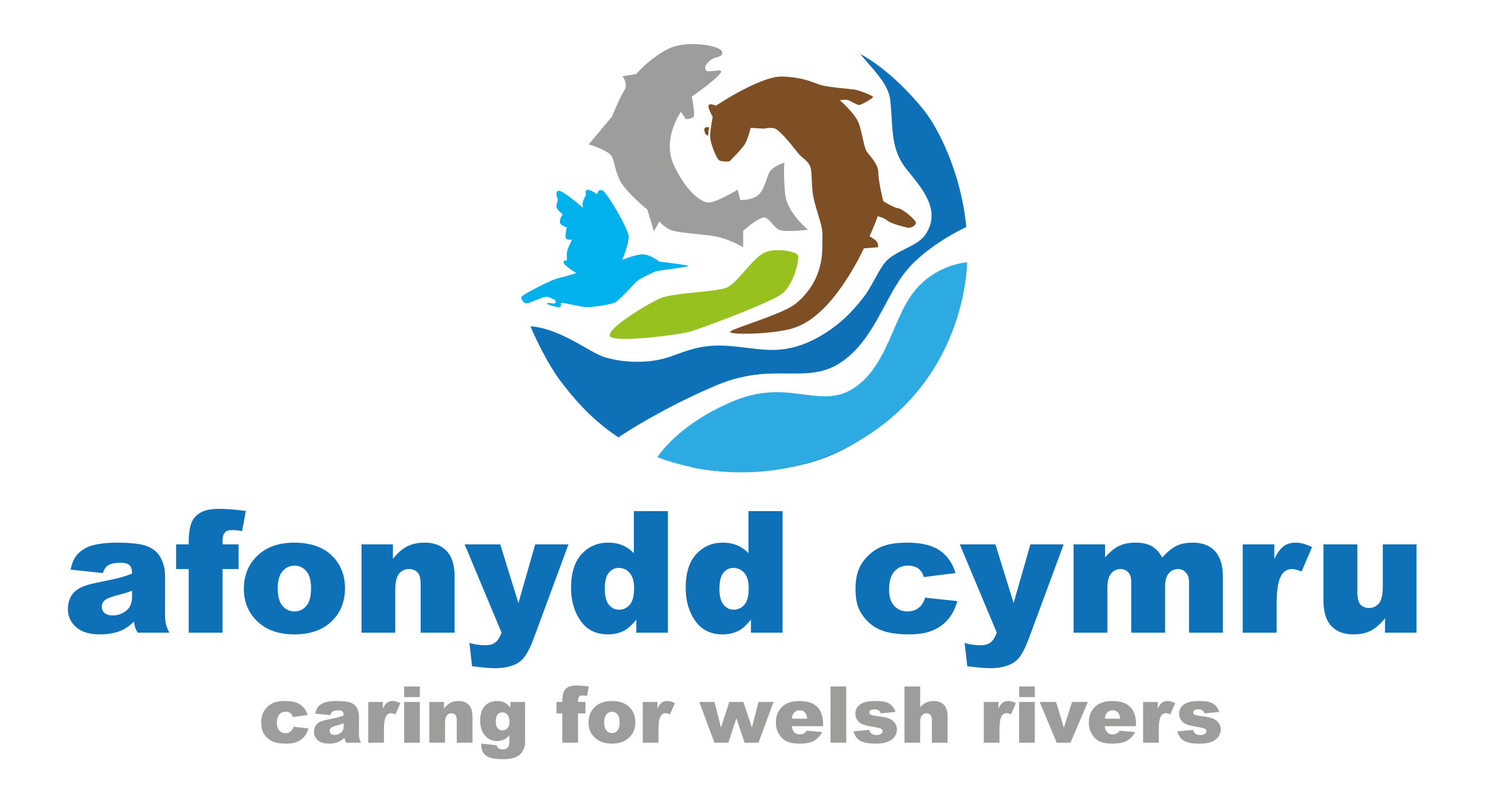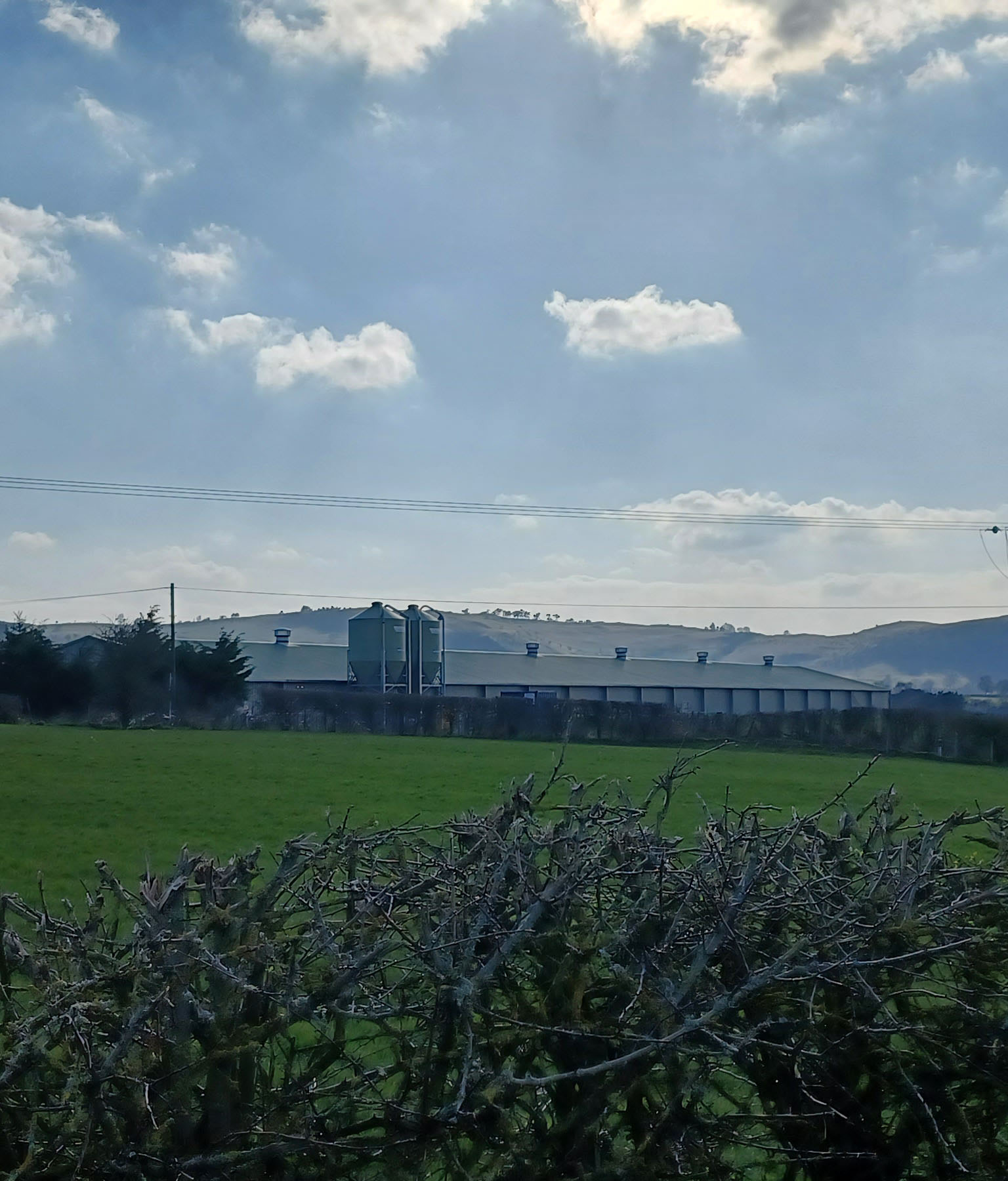While Welsh rivers need quick actions more than words to reverse their fortunes, the statement was welcome news
Nutrient trading is mentioned in the statement. However, when it comes to phosphorus, the agriculture sector in particular has no “spare headroom” with which to trade
Wednesday 3rd August, 2022
This week’s statement is a step in the right direction in tackling some of the major issues facing rivers
Wales’s First Minister, Mark Drakeford, has issued a statement this week outlining eight “areas of intervention” to resolve phosphorus pollution in rivers and the support that will be available to achieve this.
The statement follows a summit held in July at the Royal Welsh Agricultural Show in Builth Wells, which was attended by representatives from local government, farming unions, the housing industry, water companies, regulators and environmental non-government organisations, including Afonydd Cymru.
The statement on Monday gave some detail of the various areas of measures to be taken and the Government finance that will enable their delivery. Most are easy-to-achieve, short-term actions to reduce phosphorus pollution, which Afonydd Cymru will now be pushing to be implemented rapidly to support catchment delivery across Wales.
We were pleased to see that most of the proposals put forward at the July summit by Gail Davies-Walsh, CEO of Afonydd Cymru, were included in the First Minister’s statement this week
Amongst other measures outlined in the statement were those that allow for easier nutrient offsetting and trading.
This is welcome but “nutrient neutrality” in Wales should be seen as a short-term measure only. It might help prevent an increase in phosphorus from new development but as the term suggests, nutrient neutrality will not reduce excessive levels in rivers. The ambition needs to go much further. We must bring all SAC rivers in Wales into favourable condition as soon as possible. The increasing problems faced by non-designated rivers should not be forgotten either.
In addition, nutrient trading cannot occur within SAC rivers until such time that favourable status is met. And when it comes to phosphorus, the agricultural sector in particular is currently some way off having any ‘spare headroom’ with which to trade.
While the priority is to bring SAC rivers in Wales into favourable status, the increasing problems facing non-designated rivers should not be forgottenÂ
Overall, there are good indications that Welsh Government are determined to take the steps required to address water quality issues. However, all sectors will need to take responsibility for their role if the situation for our rivers is to be improved. This includes our regulator Natural Resources Wales, whose performance in ensuring the new agricultural regulations are implemented will be crucial.
Welsh Government say they will monitor progress closely and will reconvene the river pollution summit early next year. In the meantime, we welcome a published action plan for all sectors impacting SAC river compliance by the Autumn.


